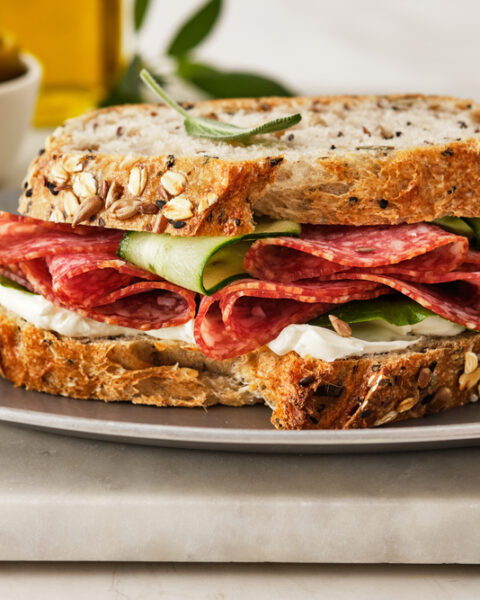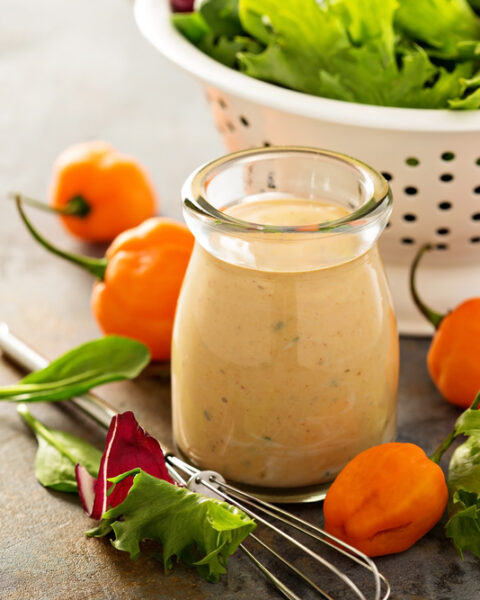Cooking at home can be a joy, especially when you know a few tricks from the pros. Professional chefs have some amazing tips that can make your meals even more delicious and your time in the kitchen a lot more fun. From mastering knife skills to balancing flavors, these tips are all about making the most out of your cooking experience. Whether you’re new to cooking or looking to refine your techniques, these chef-approved tips will elevate your home-cooked meals to the next level.
Contents
- 1 Master Basic Knife Skills
- 2 Season As You Go
- 3 Preheat Your Pan
- 4 Use Fresh Ingredients
- 5 Properly Rest Meat
- 6 Use the Right Cooking Oil
- 7 Mise en Place (Everything in Its Place)
- 8 Balance Flavors
- 9 Cook Pasta in Abundant Water
- 10 Clean as You Go
- 11 More From RetailShout
- 12 15 Underrated American Comfort Foods That Deserve a Comeback
- 13 14 Gardening Goofs That Could Be Killing Your Plants
Master Basic Knife Skills
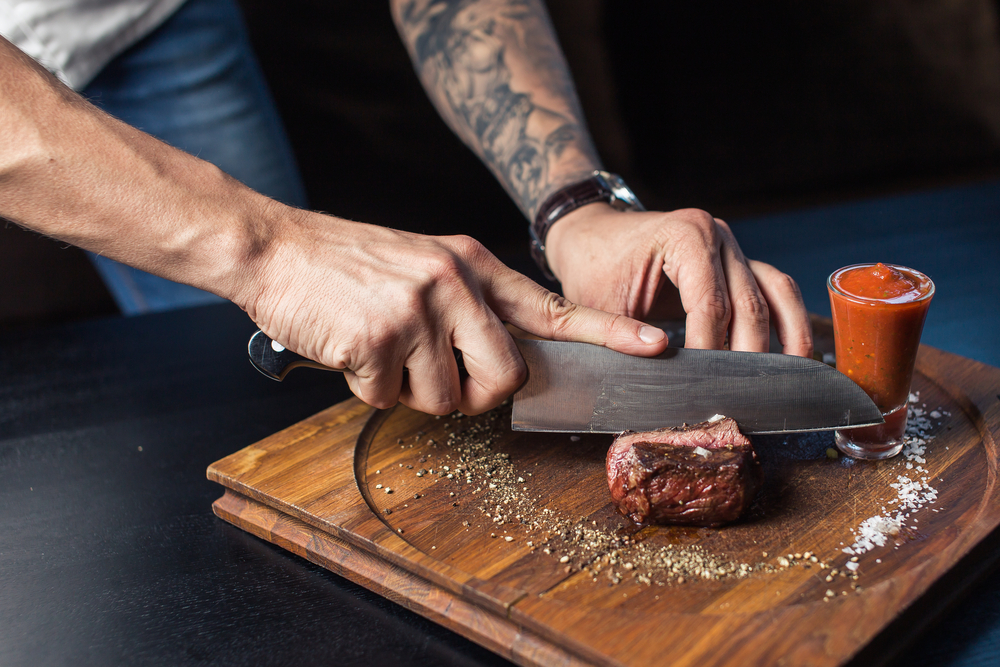
Learning proper knife techniques is essential in the kitchen. It ensures safety and efficiency, making cooking more enjoyable. Professional chefs emphasize the importance of using the right knife for each task and keeping them sharp. This practice reduces the risk of accidents and ensures precision. Start by mastering basic cuts like dicing, slicing, and chopping. Practicing regularly will build your confidence and speed in the kitchen.
Season As You Go
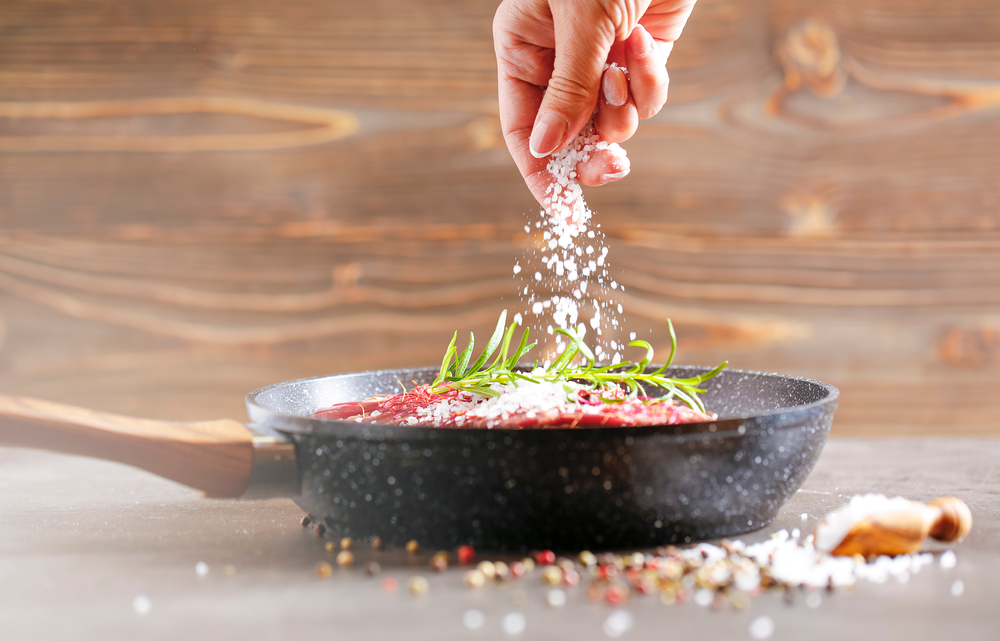
Seasoning at various stages of cooking enhances the depth of flavors in your dishes. Chefs recommend adding salt and other seasonings in layers, rather than just at the end. This method allows the flavors to develop and meld together. Taste your food frequently during the cooking process to adjust the seasoning as needed. Additionally, use fresh herbs and spices for the best flavor impact.
Preheat Your Pan
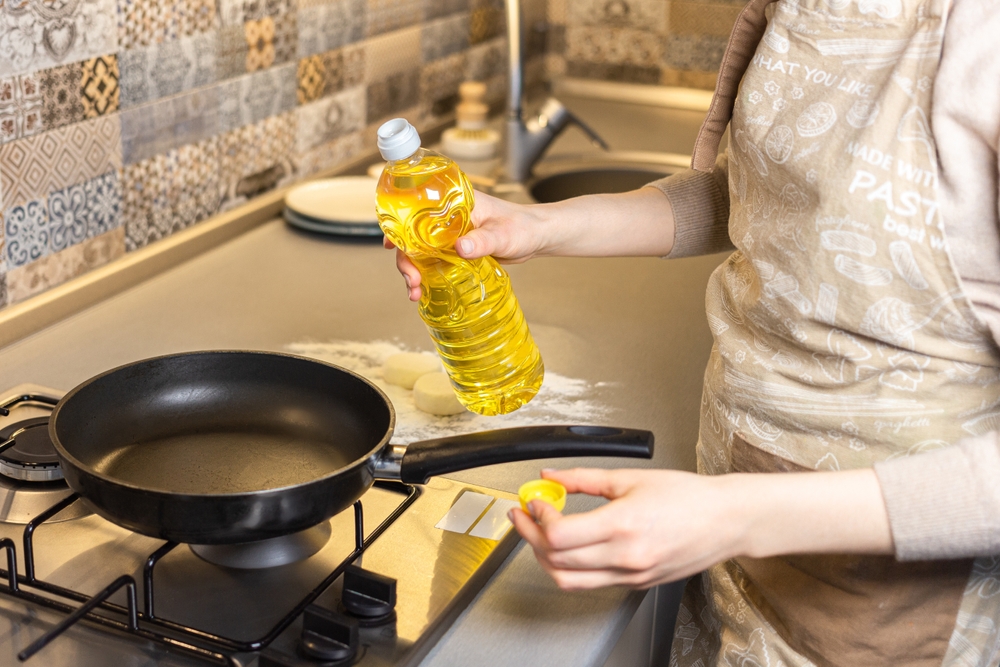
Preheating your pan before adding ingredients ensures even cooking. A hot pan helps to sear meat properly, creating a flavorful crust. It also prevents food from sticking to the pan. Chefs advise heating the pan for a few minutes over medium heat, then adding oil and letting it heat up before adding your ingredients. This technique is crucial for achieving professional-quality results at home.
Use Fresh Ingredients
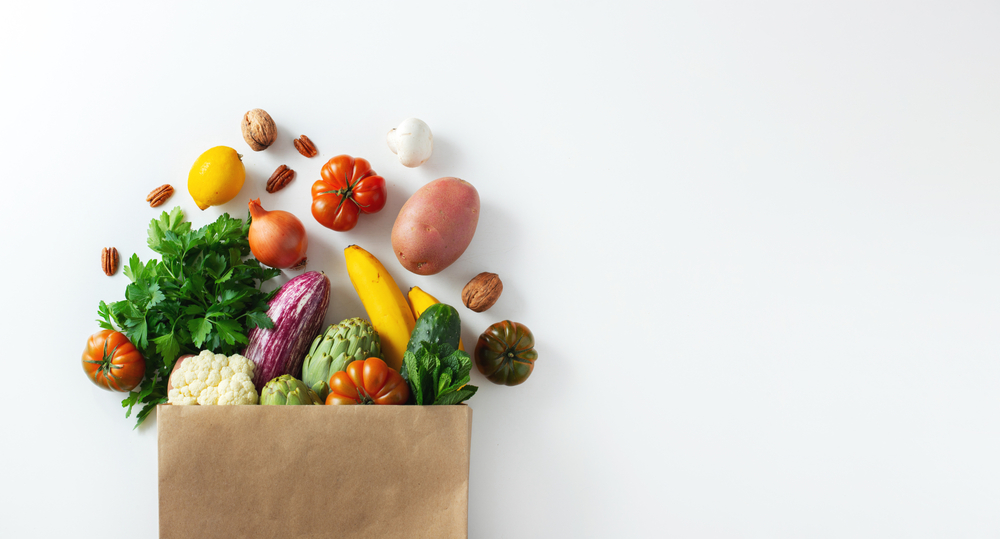
Fresh ingredients significantly impact the taste and quality of your dishes. Chefs always opt for the freshest produce, meats, and seafood available. Fresh ingredients not only taste better but also retain more nutrients. Shopping at local farmers’ markets can provide access to seasonal and high-quality products. Incorporating fresh ingredients will elevate your cooking and impress your guests.
Properly Rest Meat
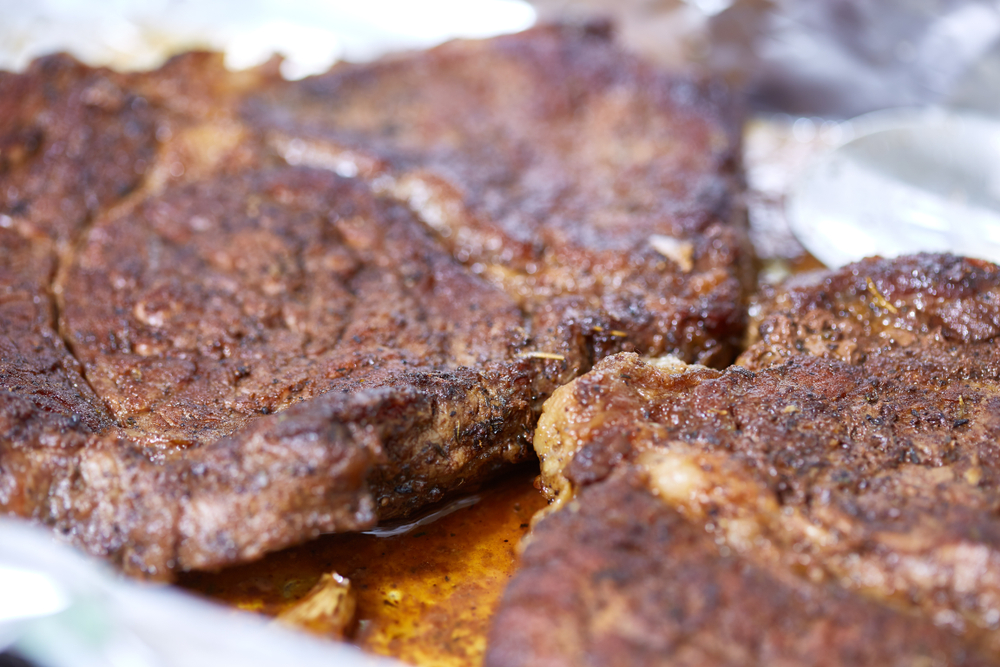
Resting meat after cooking allows the juices to redistribute, resulting in a more flavorful and tender dish. Professional chefs recommend resting meat for at least five to ten minutes before slicing. This practice applies to all types of meat, including steaks, roasts, and poultry. Cutting into the meat too soon causes the juices to spill out, leading to a dry texture.
Use the Right Cooking Oil
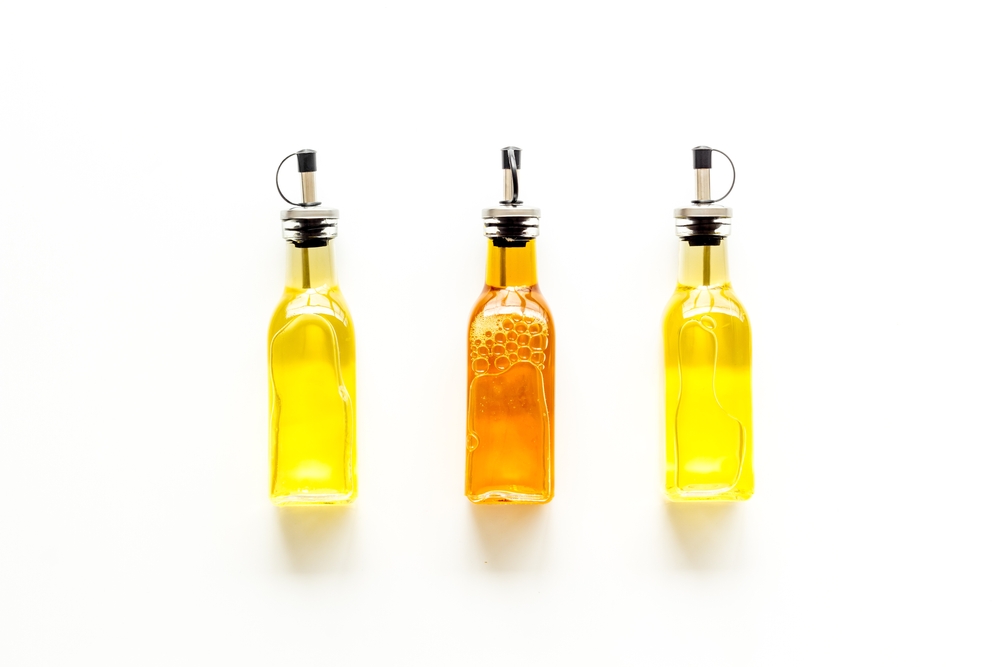
Choosing the appropriate cooking oil is essential for flavor and health. Chefs use different oils for various cooking methods, such as olive oil for sautéing and canola oil for frying. Each oil has a specific smoke point, and using the wrong one can affect the taste and safety of your dish. Understanding the properties of different oils helps you achieve the best results in your cooking.
Mise en Place (Everything in Its Place)
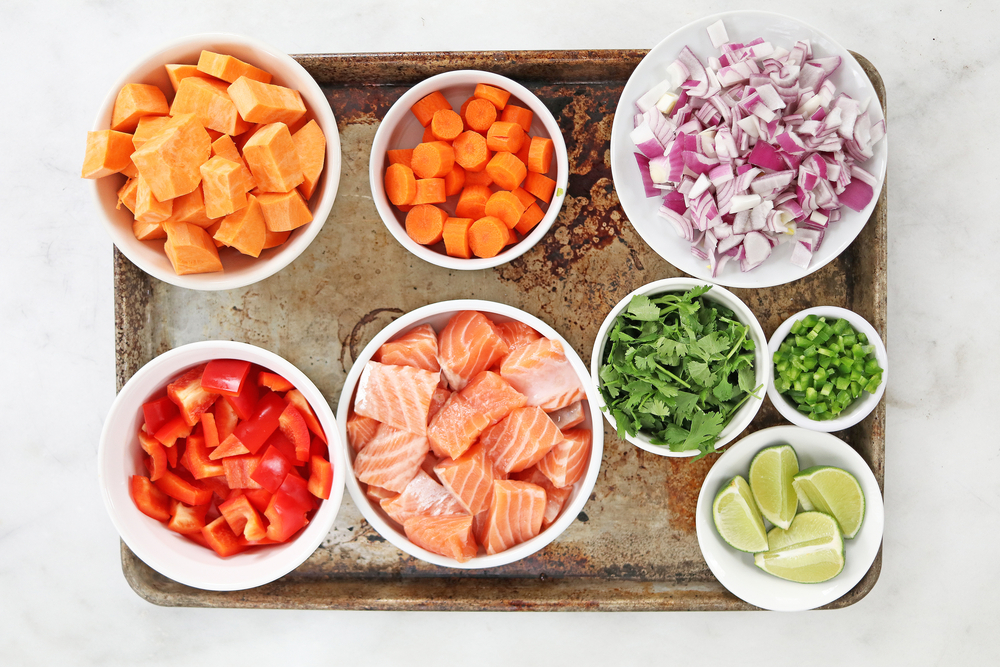
Mise en place is a French culinary term that means “everything in its place.” This practice involves preparing and organizing all ingredients before you start cooking. Chefs swear by this technique as it streamlines the cooking process and reduces stress. Chop, measure, and arrange all your ingredients beforehand. This way, you can focus on cooking and avoid any last-minute scrambling.
Balance Flavors

Balancing flavors is crucial for creating harmonious dishes. Chefs pay attention to the five basic tastes: sweet, salty, sour, bitter, and umami. They adjust these elements to create well-rounded flavors. For example, adding a touch of acidity can brighten a dish, while a hint of sweetness can balance out bitterness. Experimenting with different flavor combinations will enhance your culinary skills.
Cook Pasta in Abundant Water
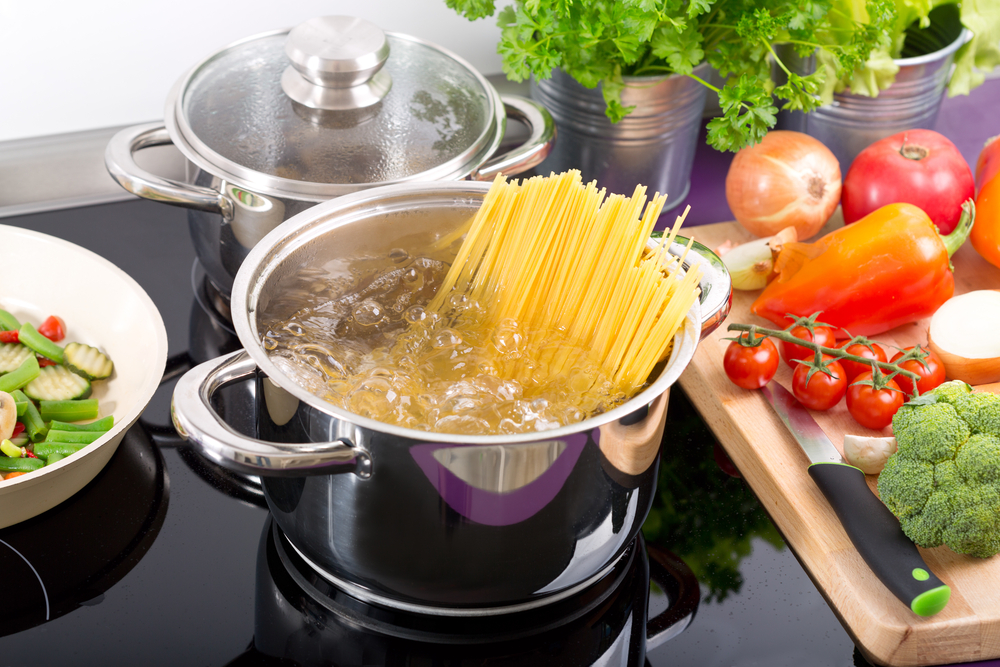
Cooking pasta in plenty of water ensures it cooks evenly and doesn’t stick together. Chefs recommend using about one gallon of water for every pound of pasta. Adding enough salt to the water is also crucial, as it enhances the flavor of the pasta. The water should taste like the sea. Stir the pasta occasionally to prevent clumping, and cook it until al dente for the best texture.
Clean as You Go

Keeping a clean workspace is a hallmark of professional chefs. Cleaning as you go prevents clutter and makes cooking more efficient. It also reduces the risk of cross-contamination. Wash utensils, cutting boards, and surfaces as you finish using them. This habit not only keeps your kitchen organized but also makes the cleanup process at the end much easier.
This article originally appeared on RetailShout
More From RetailShout
13 Decorating Missteps That Can Make a Room Feel Smaller

Ever walked into a room and felt like the walls were closing in? It might not be the size of the room, but the way it’s decorated. Certain decorating choices can unintentionally shrink your space, making it feel cramped and cluttered. Read More.
15 Underrated American Comfort Foods That Deserve a Comeback
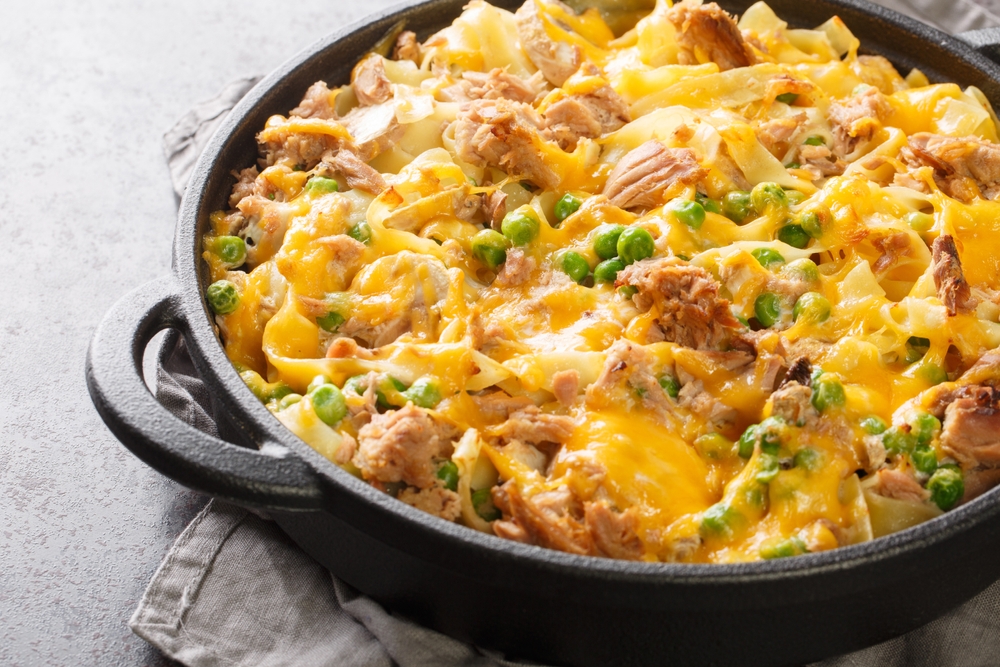
Comfort food is all about warmth, familiarity, and that unmistakable sense of home. But some of our most cherished American dishes have slipped through the cracks, replaced by newfangled trends and fusion flavors. Read More.
14 Gardening Goofs That Could Be Killing Your Plants
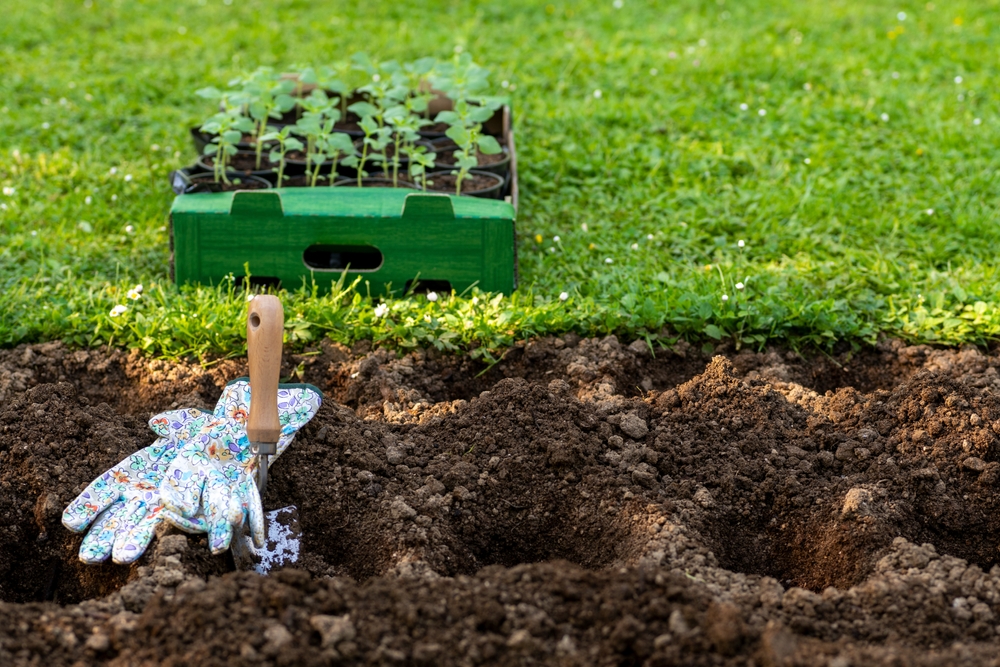
Gardening is supposed to be a relaxing, rewarding hobby, but sometimes it feels like your plants are determined to make things difficult. If your green thumb is looking more brown these days, you might be making some common gardening mistakes without even realizing it. Read More.




